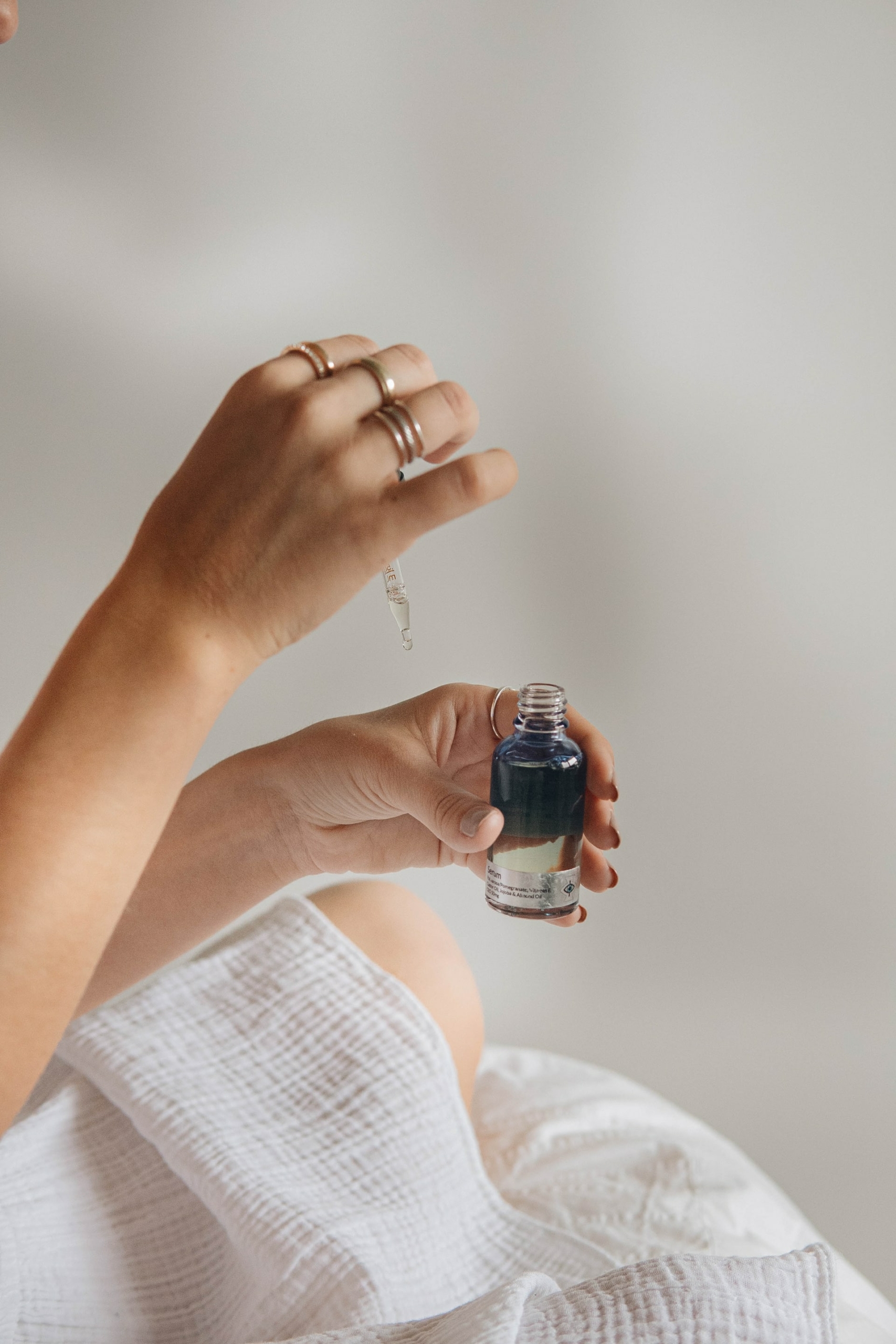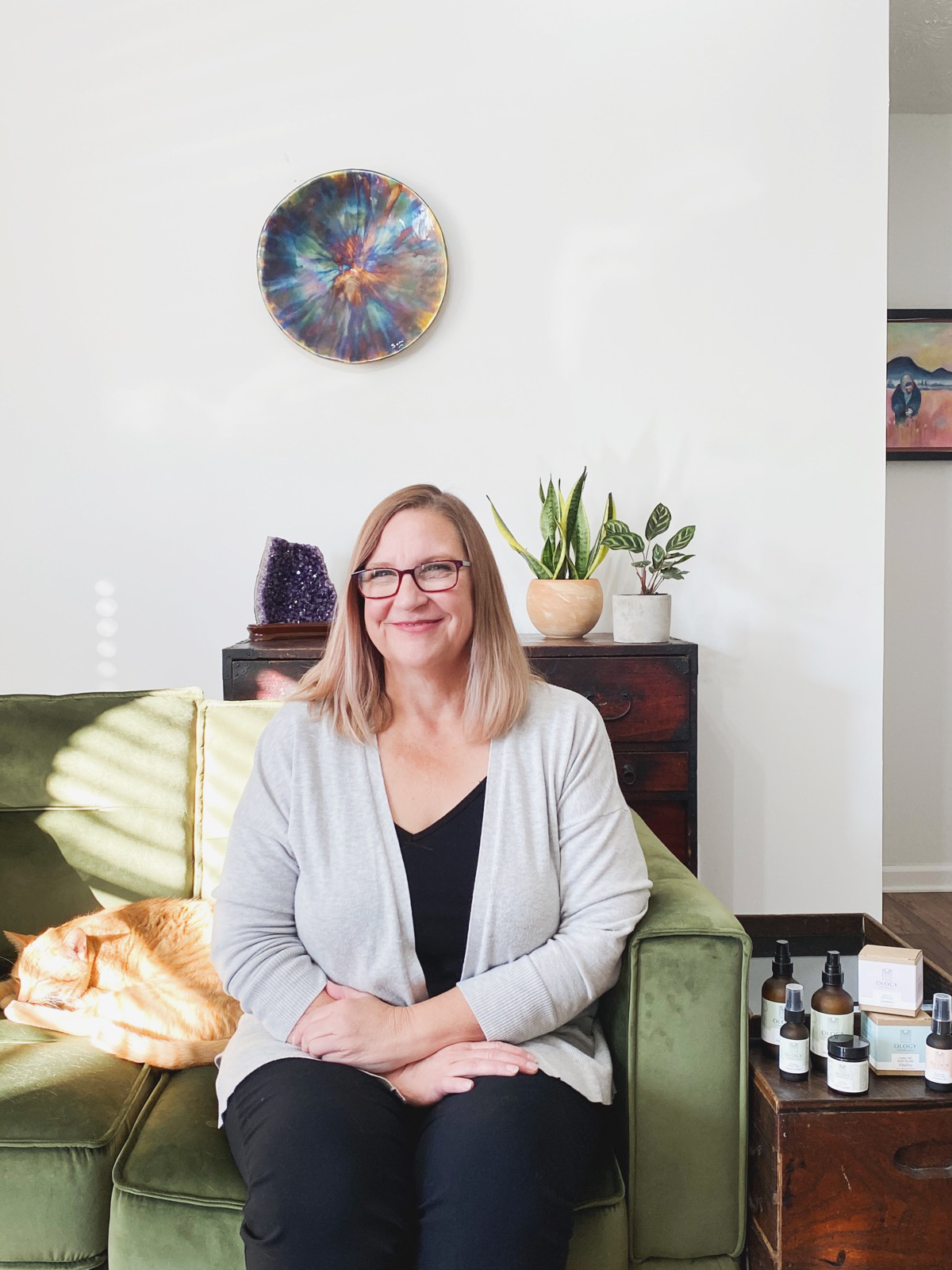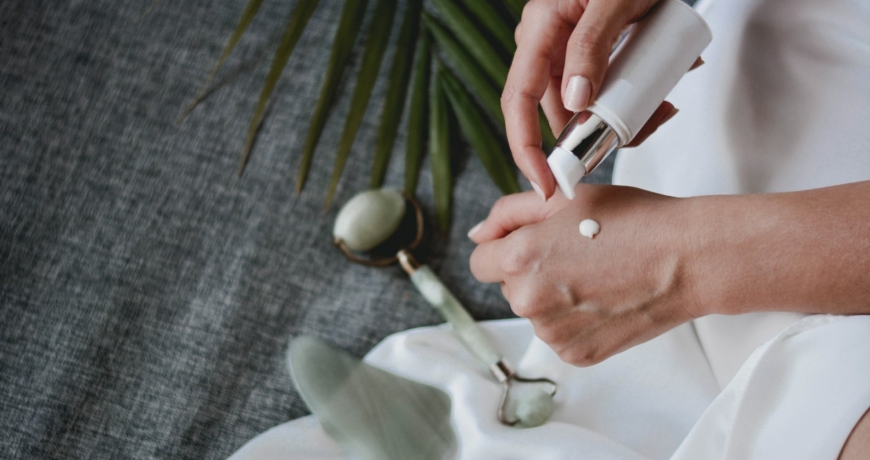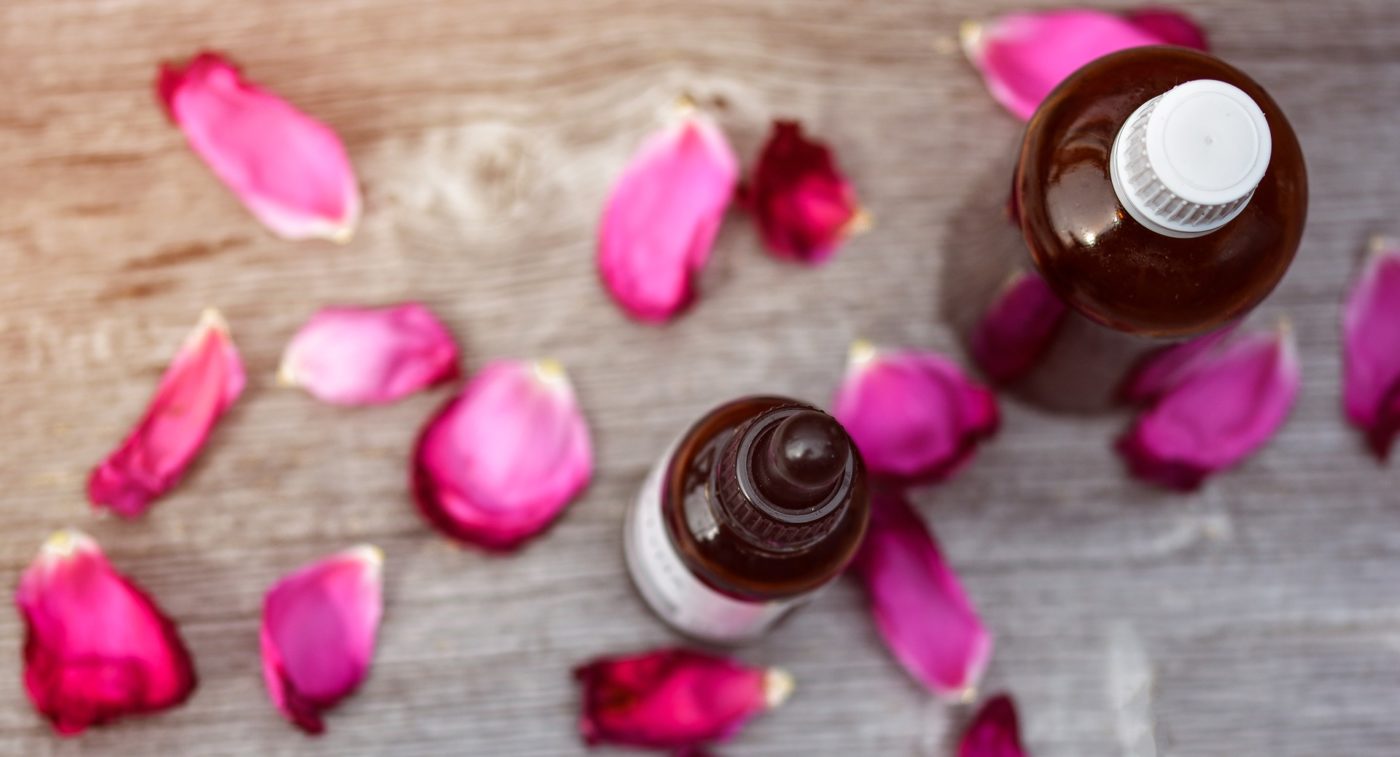HBO's 'Not So Pretty' Review
Episode 3 – Skin
In this blog post, Ology Essentials’ Chief Formulator reviews episode 3 of HBO’s Not So Pretty. For an overall review, be sure to read HBO’s “Not So Pretty” Review by a Cosmetic Formulator.
Episode 3 of the HBO docuseries Not So Pretty discusses personal care products used on the skin. Skin is your largest organ, and I agree, you should be careful about what you apply to it. But again you can’t be hyper vigilant in one area of your life and not others–and you can’t blame one possible toxic exposure for something while ignoring all the other toxic exposures. I’ve seen the same lobbyist who wants you to be banned from using cosmetics ingredients that they are lobbying against stepping outside and smoking a cigarette or eating junk food. There is a disconnect there. The entire premise of episode 3 appears to be that cosmetics are consumers’ only exposures to toxic chemicals and that cosmetics are the cause of all the negative outcomes of the people in the episode. They completely ignore toxins and ingredients consumers are exposed to in food, pharmaceuticals both ingested and injected, household cleaners, laundry products, polluted air, soil, water, and so much more.
I am all about natural cosmetics. It is my niche and speciality, but it doesn’t mean that everything else is evil. I do not have chemophobia–my body, my nose, my mast cells simply reject chemical products–but that is just me. It is dangerous to be so strongly on one side of an industry and accusingly point at the other side of the industry. Natural products are now available abundantly in the marketplace and consumers can make the choices that are best for them.
The elevator analogy in this episode was an immediate alarm bell that we were heading into very unscientific opinions. In episode 3 Stacy Malkan says, “If you are in the elevator and you can smell the person who was there before you, that’s phthalates.” So if you can smell someone’s fart when they leave the elevator did they eat phthalates for lunch? It doesn’t take a scientist to know that statement is outright fearmongering. Stephen Brubaker gave an excellent plain English explanation about food aromas lingering on Quora that is enlightening overall about lingering aromas, “Every single chemical has its own transport characteristics. Each diffuses through the air at a different speed and sticks to specific surfaces to a slightly different degree. Being bound to water or oil aerosols can materially affect how long it lingers.” It is true that some perfume companies use phthalates in their formulations, but not all lingering aromas are phthalates. For instance many can attest to the fact that Patchouli (Pogostemon Cablin) essential oil lingers without the aid of phthalates.
But let’s talk about phthalates. First, the FDA definition of a phthalate, “Phthalates are a group of chemicals used in hundreds of products, such as toys, vinyl flooring and wall covering, detergents, lubricating oils, food packaging, pharmaceuticals, blood bags and tubing, and personal care products, such as nail polish, hair sprays, aftershave lotions, soaps, shampoos, perfumes and other fragrance preparations.” In the personal care product industry the phthalates that have been in use are dibutylphthalate (DBP) which is a plasticizer in products such as nail polishes, dimethylphthalate (DMP) that is used in hair sprays, and the phthalate that is used as a solvent and fixative in fragrances, mentioned in the docuseries, diethylphthalate (DEP). Both DBP and DMP are required to be listed on the ingredient list, however DEP falls under the fragrance exception and would not be listed on the ingredient deck.
I totally agree that the fragrance exception is wrong. I am a huge proponent of full disclosure and transparency. At Ology Essentials I insist that we not only disclose all the essential oils in any proprietary blend and also that we also use the INCI names of each one so that consumers can know exactly what they are putting on their bodies. But I also recognize that the typical fragrance oil can contain an incredibly large number of essential oils, synthetic aroma chemicals, aromatic resins, and possibly DEP if the product is not labeled phthalate free. The ingredient list of many fragrances would be outrageously long and it could be unreasonable to expect all the ingredients in a product PLUS all the ingredients in the fragrance oil to fit on an ingredient label. It is already hard enough to read the small print of an ingredient label. A compromise of some sort would need to be met. One solution could be that the full listing of the fragrance component must be listed on a company’s website. Or another solution could be to identify a specific list of ingredients that must always be disclosed on the ingredient deck if they are used.
However, it is important to mention that a company could never put a single phthalate into their formula and still end up with phthalates in their finished product. Why? Because phthalates can come from the packaging or tubing that even the most natural of ingredients comes in contact with at any stage of processing and or packaging. Packaging does matter. That is one of the many reasons that we use glass, because phthalates are everywhere. Consumers are exposed to them in multiple ways–but again the docuseries puts all the blame on the cosmetic industry. Phthalates are more complicated than that, but they should be disclosed when they are purposefully added to a formulation. This article takes a look at some of the doubts about phthalate fears and the FDA has a page dedicated to information about phthalates for further reading.
There is a huge glaring error in the docuseries Not So Pretty when they advise you to throw out every product you have that has the term “fragrance” on the label. If you sell your product in the EU essential oils fall under the term fragrance. “For perfume and aromatic compositions, the INCI names ‘parfum’ or ‘aroma’ should be used.” Cosmetics Business. Many of the smaller companies use the same packaging for both their international and domestic sales.

A lot of people may have just thrown out hundreds of dollars worth of personal care products that contain essential oils and not the fragrance oils they thought they were tossing. It was trending on all the social media platforms. The hashtag #notsopretty was trending with videos of people throwing away their personal care products after watching the docuseries. I really feel like an investigative report should have at the very least know this detail before issuing their advice.
The episode also talks about petrochemicals used in cosmetics. Unless you are a bit of an ingredient nerd or in the cosmetic industry you might not know how to recognize them in your products. Here is a quick list of petroleum-derived cosmetic chemicals: Paraffin wax, Mineral oil, Toluene, Benzene, and EDTA. Also any ingredient with PEG (polyethylene glycol), DEA (diethanolamine) or MEA (ethanolamine) in the name. As well as products with butanol, butyl, or butylene in the name. Or with propyl, isopropyl, or propylene. And sometimes, depending on if the product is labeled for the EU or not, the term parfum or fragrance may mean that a petroleum based fragrance chemical is in the product. I am not a fan of petrochemicals so you won’t find them in anything that I formulate.
The solution to the issues brought up in this episode is not to throw the baby out with the bath water. Any new legislation cannot crush small business in the handcrafted industry. It would be like using a blowtorch when a spark is needed. Yes, there are loopholes that need to be closed or addressed, there are changes that need to be made, and the rules that the FDA already has on the books should be followed and enforced. But some of the proposals that I’ve seen to solve the issues that do need fixing would fundamentally change the opportunities that so many women owned businesses have grabbed onto.
About the Author
Kayla Fioravanti has been a leading expert in the natural cosmetics industry for over 22 years. In 1998, she co-founded Essential Wholesale – one of the first all natural cosmetics/ingredients companies – that started out with $50 in her kitchen and grew to a multimillion dollar company (all while raising her 3 kids). As Ology’s Chief Formulator, Kayla is able to combine her love for natural remedies like aromatherapy, herbal medicine and CBD with her expert knowledge as an organic/natural cosmetic formulator. Kayla is extraordinarily grateful to be on this journey with her family and loves that Ology Essentials is leading the way as a majority woman owned CBD company! Kayla is also an aromatherapist, aromatherapy educator, business consultant and an award winning author.

There are no comments





